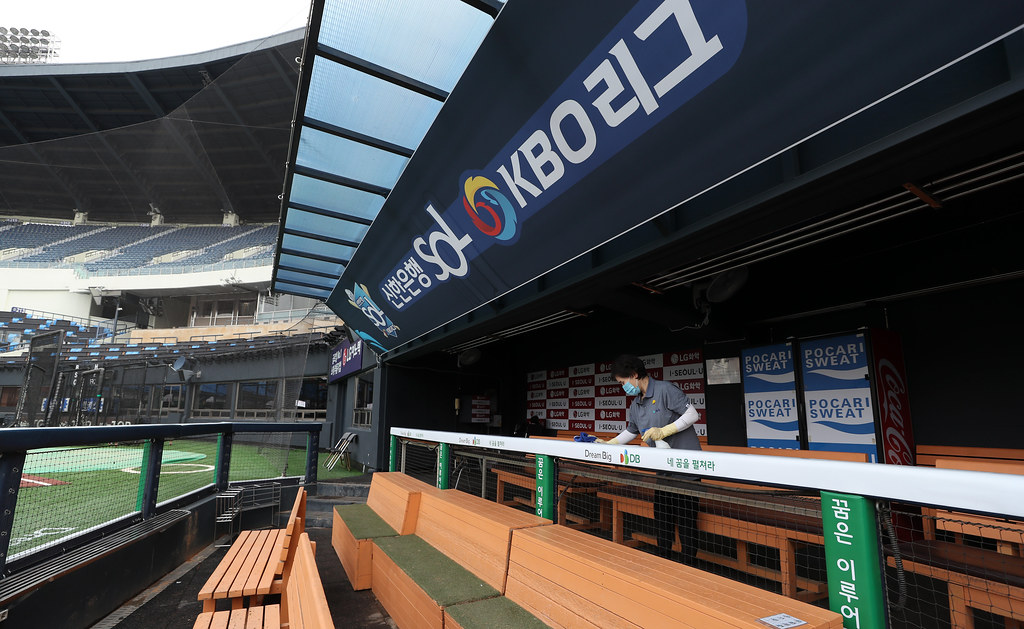Major League Baseball’s (MLB’s) 2024 World Tour includes two games each in South Korea, the United Kingdom, Mexico and the Dominican Republic. These eight games will be by far the most played outside of America and Canada in a single season (except for the 41 Montreal Expo home games played across two seasons in Puerto Rico in the early 2000s but those aren’t World Tour games).
Bringing MLB to more countries is great for pretty much everyone involved. Foreign fans get to see the game they love played at the highest level, many athletes get to play in their native countries (like the San Diego Padres’ Ha-Seong Kim, who got to play in South Korea during MLB’s Seoul Series last week) and the MLB will make a ton of money off of fans eager to see a game.
The problem with these games, though, is that they tend to disrupt a team’s schedule. The seven hour flights to London mean that teams need several days off before and after the foreign series to rest and adjust to time zone switches. The Phillies have two days off before their London Series this year, and one day off after. For context, teams usually only get one off day every few weeks.
The 13-hour trek to Seoul means that even more time off is necessary before and after, which is why those games can only come at the very beginning of a season so that the series can be played early and teams can be back by the time every other team starts playing. The Dodgers and Padres play in Seoul a full week before every other team plays their first game this year, for example.
That leaves the Mexico City and Dominican series, which are different from the two overseas series in one key way: They aren’t as far away. That may seem pretty obvious, but it does mean that much fewer days need to be spent on travel. Teams travel from New York to Los Angeles all of the time for three-game series, so swinging down to Mexico City (which is one time zone away from New York and an hour shorter of a flight than N.Y.C. to L.A.) isn’t nearly as hard as a 13-hour flight to Korea. These games disrupt teams’ schedules less, and are much easier to fit into the regular ebb and flow of MLB’s schedule.
The simple proximity of Mexico makes bringing international games there much easier. There really isn’t any reason why there needs to be only one series in Mexico; bringing more games to more cities ultimately spreads quality baseball to more people, without any disruption to the MLB schedule.
The same goes for The Dominican Republic, Cuba (minus the blockade), Puerto Rico, Venezuela and dozens of other Latin American countries with high levels of baseball fandom. The fervor surrounding those nations in the World Baseball Classic last year proves the support is there more than anything.
Those countries have even more MLB players who can come back home for a series than South Korea, and most of them lack the large pro baseball league that Korea has, so they’re in even more need of good baseball. Sending a series or two to every country possible should bring all of the benefits of a Korean series for fans, players and the MLB alike.
MLB’s world tour is great for baseball, but the even split between intercontinental games and Latin American games just doesn’t make sense. Adding more games in Latin America will have an immense impact, and there is no reason why the MLB shouldn’t do it.




